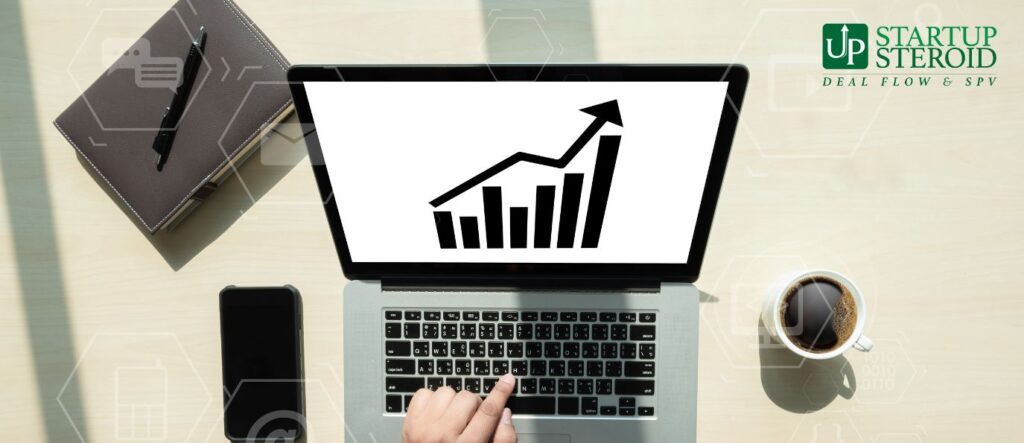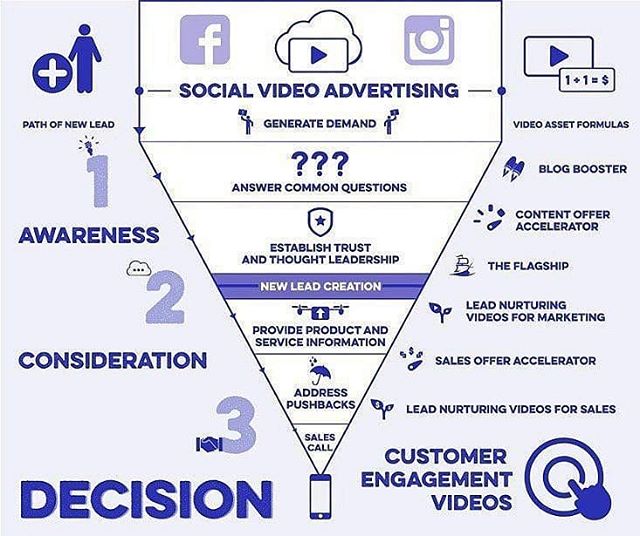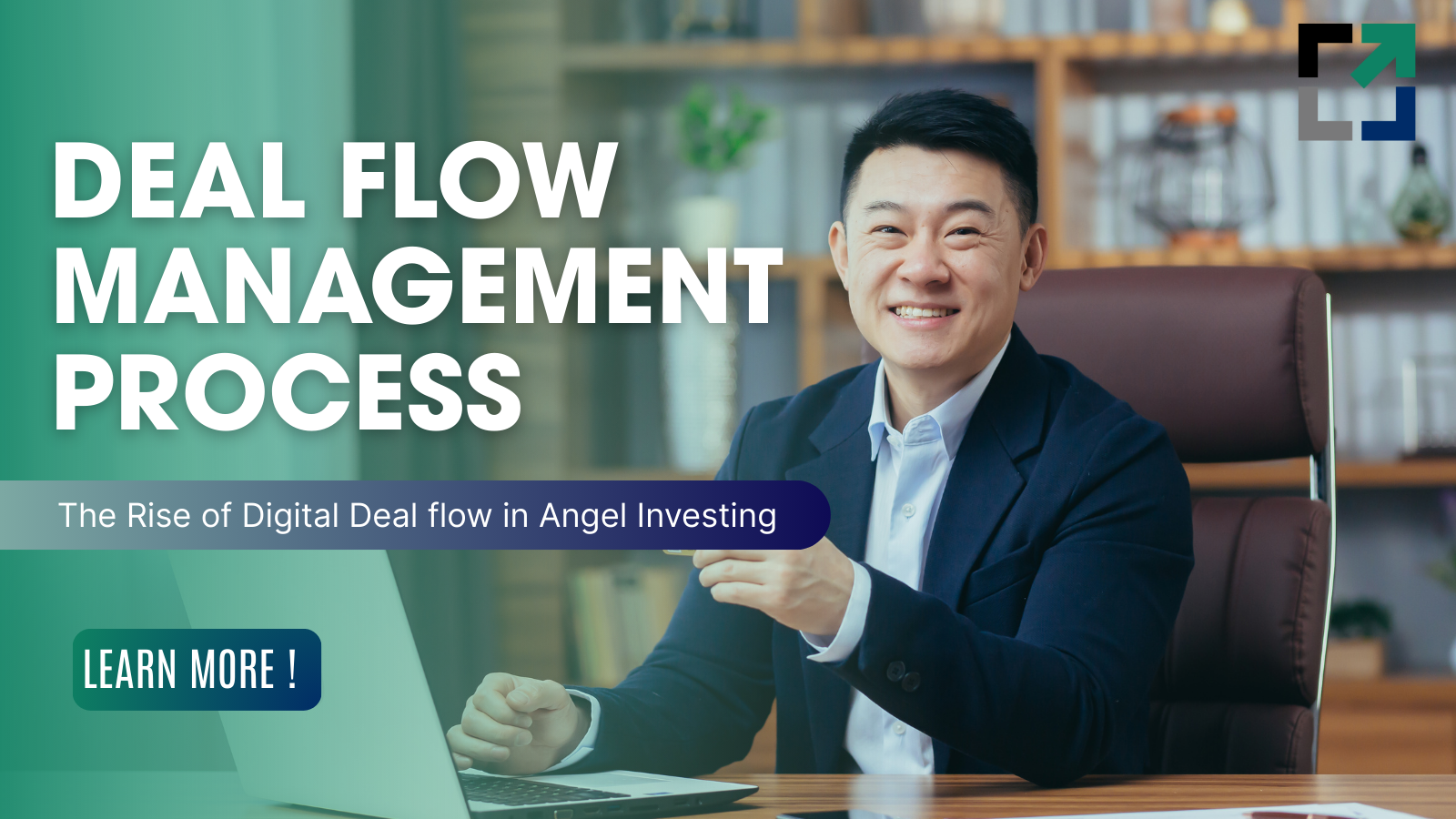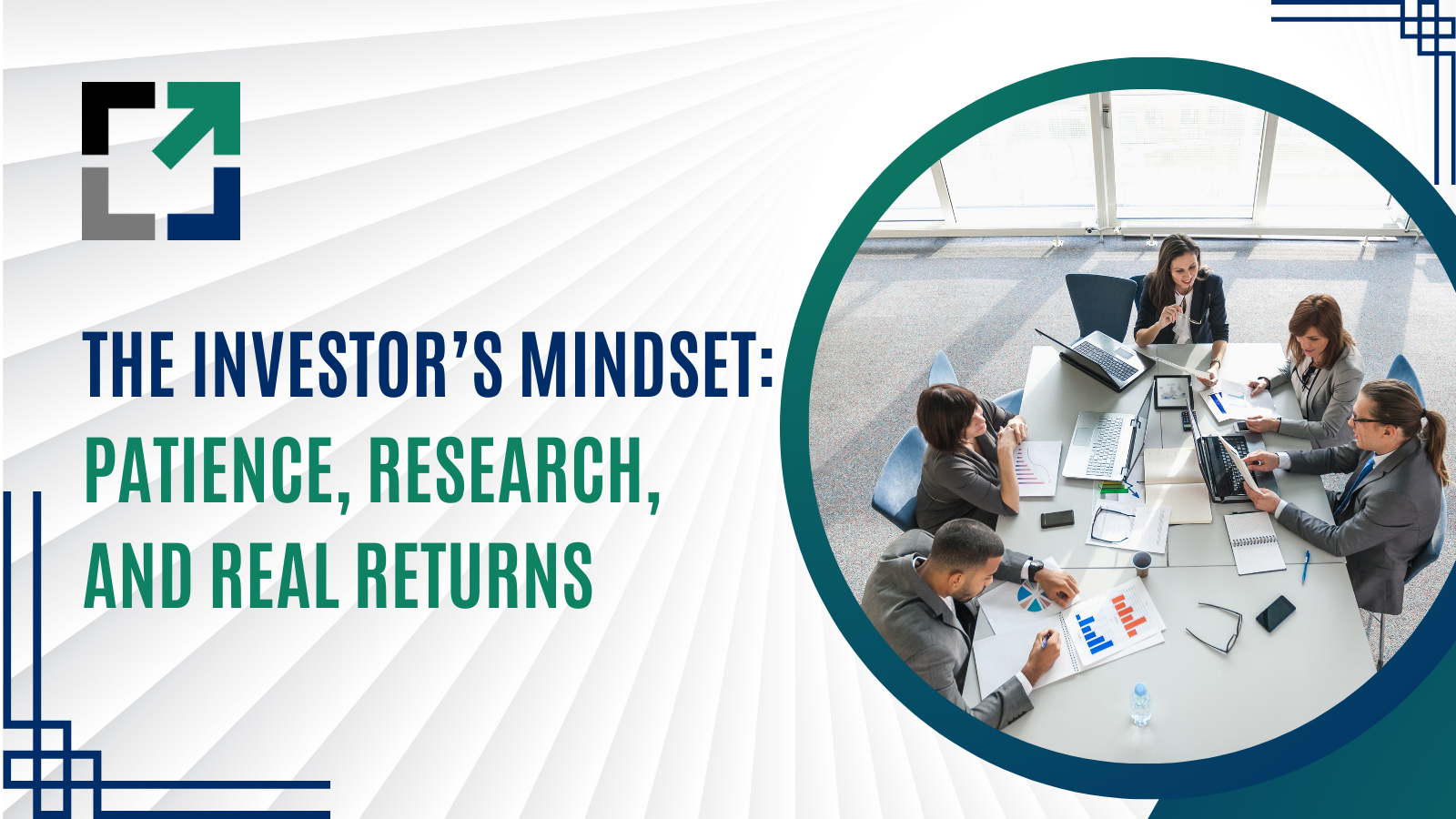CONTENTS:
-
Introduction
-
Funnel Marketing Strategy: Meaning & Explanation
-
Importance of a Funnel Marketing Strategy for Startups
-
Overview of the Different Stages of the Funnel
-
Creating Full-fledged Funnel Marketing Strategies for Startups
-
In Conclusion
Introduction
It might sound terrible, but more than 90% of startups fail miserably within the first five years of their launch. Statistically, 9 out of 10 startups fail to make an impact, despite their strong desire to disrupt the market. Amidst various reasons, marketing continues to be the primary reason behind the failure of these startups and SMEs.
Startup founders and entrepreneurs don’t have a magic wand to get what they want in the blink of an eye. They can neither spend a lot of money nor keep their marketing strategies on hold for a long time to publicize what they have to offer.
At such a crucial juncture, startups should create a funnel marketing strategy to get the much-needed brand awareness and publicity along with qualified leads. It’ll help them go ahead with their marketing plan in a meticulous manner.
Funnel Marketing Strategy: Meaning & Explanation
A funnel marketing strategy refers to a subtle marketing approach through which the brand gets connected with its customers in a phase-wise manner.
The basic purpose of such a strategy is to identify at which stage of the buyer’s journey a customer interacts with your startup. At each step of a funnel, you’ve to offer something new to customers to retain their interest in your products or services.
In today’s digital era, customers don’t buy a product as soon as they come to know about it. There are multiple stages involved, which include building brand awareness, creating interest, taking a decision, and finally, conversion.
Though marketers interpret the concept of funnel marketing approach in various ways, its core concept remains the same.
We will learn more about it in the corresponding section.
A startup should try to generate as many leads as possible soon after its launch. Because not all leads go on to get converted into sales. According to studies, out of 100 leads, only 10-15 will eventually be converted into sales. So, leads at the top of the marketing funnel will be large, but only a handful of leads will move to the conversion stage.
Importance of a Funnel Marketing Strategy for Startups
- Builds brand awareness of your product and startup among your target audience.
- A marketing funnel helps convert your potential leads into end users by offering better quality products at compelling prices.
- It helps keep your target audience in the loop and informs them about your future products or services.
- Offers a great customer experience throughout a buyer’s journey.
- Identify the customers who are likely to stay with you for a long time.
- Figure out mistakes in your brand campaigns and correct them in time.
- Spend your hard-earned revenues only on selected marketing campaigns.
Overview of the Different Stages of the Funnel
- The Top Funnel (Awareness)
At this funnel, marketing and creating brand awareness of the product are essential. The startup needs to attract people at this stage through advertising and promotions. In addition, creating specific landing pages for your advertising campaigns is also recommended.
- The Middle Funnel (Consideration)
The middle funnel primarily focuses on customers who show interest in your products or services. For example, if a user repeatedly visits your website, then, you need to attract their attention and induce them to take further action.
- The Bottom Funnel (Conversion)
The last stage of the funnel is the ‘conversion.’ It means the customers are finally completing their transaction at the checkout process and making payment while buying the product or services from that firm.
In short, a marketing funnel refers to a buyer’s journey starting from getting acquainted with your products to ultimately buying them.
However, the reality is the marketing funnel doesn’t stop here. Even after the sale of the product, a brand still needs to be in touch with its customers. When they actively promote or recommend your products, here you can feel accomplished as you have successfully created a team of brand advocates.
Creating Full-fledged Funnel Marketing Strategies for Startups
In the above segment, we’ve given a brief overview of funnel marketing strategies.
Now, we’ll discuss all the necessary stages of the marketing funnel for startups in detail.
-
Stage 1: Awareness
Brand awareness always comes on top of the sales or marketing funnel. It refers to a scene when a person comes to know about your product or service for the first time. Building brand awareness needs to be robust and consistent for any startup.
At this stage, the goal of the firm is not a sale but to make more and more customers aware of what it does and its products’ USPs.
For building brand awareness, a firm needs to opt for both online and offline advertising. Social media can be the most effective medium to create awareness and hype about your brand.
You should get all your social media profiles activated with the brand logo, description, products, ethics, and startup goals.
Some of the best social networking sites for brand building are Twitter, LinkedIn, Facebook, Instagram, YouTube, and others.
In addition, don’t forget to make sure that your startup website is search engine optimized so that your potential leads or customers can easily find you online.
-
Stage 2: Interest
This is the most crucial stage in the marketing funnel. It is a stage that comes in between awareness and consideration. It means your potential prospect has already learned about your products and business.
You should start publishing informative and engaging content in the form of newsletters, whitepapers, case studies, and blogs that not just educate your prospects but also establish the fact that your product is the best in that segment.
Convince them to sign up for a free e-book or consultation for business help. However, don’t make the content overtly promotional. If you push too hard, it may irate your prospects.
For example, if you are a fintech startup offering accounting services to various small and medium-scale businesses and firms, you can create interesting podcasts and blogs for your target market. Here, you need to address their pain points while emphasizing your products and services.
Let’s take the case study of Intuit (a financial software company), through marketing funnel strategy, the company found that many customers didn’t complete the onboarding process. The firm scrutinized its marketing approach more closely to find that three unnecessary steps in the customer subscription process seriously dissuade its prospects. Immediately, the company simplified the process and got over a 25% rise in its subscription rate in the subsequent months.
- Stage 3: ConsiderationThis is the most important stage in a buyer’s journey. It can be a make-or-break factor for your firm. Here, the prospect has already made up their mind and is maybe a few moments away from making a purchase.But before they buy your product or services, they may still compare the product, its price, packages, after-sale services, and other issues to your competitors.Here, the price can be a game-changer. Since the prospect is ready to buy your product, it’s advisable to quote them the best price. Besides, you should also create compelling sales pages, email templates, and agenda-driven webinars to help your prospects make the right decision.Even a direct face-to-face interaction or telephonic conversation can also help. You may also offer other additional benefits like a gift hamper, scratch card option, discount coupon, and free shipping benefits to win their further trust and confidence.
- Stage 4: Conversion
Your entire efforts on marketing tend to culminate at this stage of the funnel. The prospect finally becomes your customer as they buy the product, and an invoice is generated confirming the transfer of ownership of the product.However, even after a sale of a product, the scope of the marketing funnel doesn’t end there. Startups should now aim to create long-term rapport with their customers to make them brand advocates.Though stage 4 is technically the final stage of a buyer’s journey, in reality, the marketing funnel continues even after the sale. Due to the current era of cut-throat competition, the brand loyalty phase helps a firm thrive and succeed while creating a distinct identity of its own.
- Stage 5: Loyalty
A single customer can buy from you again and again if they get exceptional customer support services, besides high-quality products. In the long run, it can help you build a pool of satisfied and loyal customers. Content can help nurture this relationship even further.At this stage, your content should reflect your gratitude and thankfulness towards that customer. In addition, you can offer them exceptional after-sale services, provide them with a 24-hour customer hotline number, and personally request them to subscribe to your newsletter to stay in touch with you through emails.Take, for instance, the case study of Seamless. Seamless is a food delivery app that helps customers book their orders for their favorite dishes from any restaurant from the comfort of their homes.Seamless primarily caters to the needs of busy employees and professionals who don’t have enough time to cook food. The company started sending short messages about budget-friendly dishes straight to their mobiles with compelling discount codes, prompting them to buy. It helped the company enhance its ROI by several folds.Here, these customers already used the app and knew about the brand. When they received messages straight to their mobiles with special offers, customers immediately booked their orders, and thus, the relationship between the brand and its loyal customers continues.
In Conclusion
For a startup, the entire concept of the marketing funnel may seem overwhelming but it can help the startup owner take a tactical approach to take the business forward.
The process of buying doesn’t happen instantly. It goes through multiple stages and considerations. That’s why the customer’s journey is often described in the form of a funnel. Initially, the scope of the funnel is too large. This is the awareness stage and a brand tries to reach out to as many people as possible. Then, it goes through the stages of interest, consideration, conversion, and loyalty. At each successive stage, the scope of the funnel gets narrower. In the end, only a few prospects lead to conversion!
If you’re a startup and looking to implement a full-fledged funnel marketing strategy for success, contact StartUp Steroid now. Our experts will get in touch with you to take your startup to a new height.

I’m the Co-Founder of Startup Steroid, where I help founders navigate the challenges of building a startup. From connecting with the right investors and talent to guiding marketing, legal, and MVP development, I work alongside entrepreneurs to provide practical support and clarity, helping them grow their ideas into successful, sustainable businesses.






